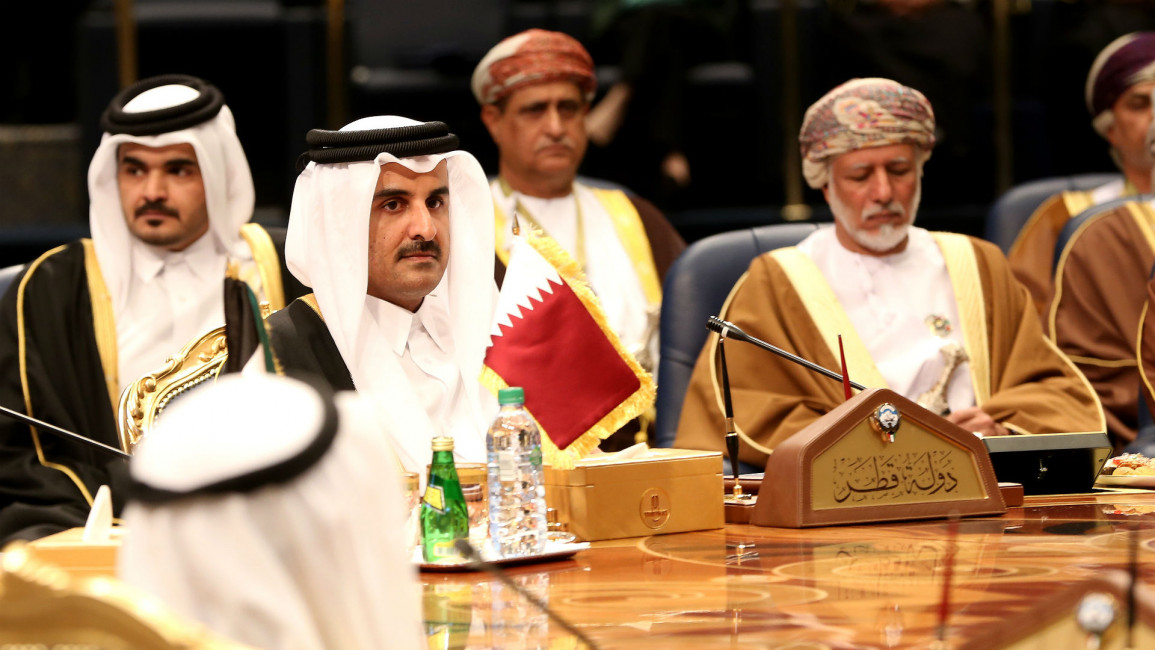Qatar rejects renewing ties with 'criminal' Assad, despite UAE reopening Damascus embassy
Qatar's will not join other Gulf states in renewing ties with Bashar al-Assad's regime, the country's foreign minister said on Monday.
Foreign Minister Mohammed bin Abdulrahman al-Thani denied there possibility of re-opening an embassy in Syrian capital, and instead called Assad a war criminal.
"Normalisation (of relations) with the Syrian regime at this stage is the normalisation of a person involved in war crimes, and this should not be acceptable," Thani told a press conference in Doha.
It follows the re-opening of the Bahrain and Emirati embassies in Damascus last month, with reports that Saudi Arabia might soon follow suit.
UAE Foreign Minister Anwar Gargash tweeted that his country was doing so to curb the influence of Iran and Turkey in Syria.
Tehran has played a key role is bolstering Assad's regime, while Turkish-backed rebels control territory in Syria's north.
It come as the Syria war grinds to a halt, despite around half-a-million deaths, the vast majority civilians killed by regime and Russian forces.
Thani said the reasons why Assad was excluded from the international community are still present.
The UK has also quashed rumours that it was planning to reopen its embassy in Damascus, with Foreign Minister Jeremy Hunt calling Assad a "butcher".
He also said Qatar opposed plans to allow Syria to rejoin the Arab League - its membership was suspended in 2011 - as "the Syrian people are still under bombardment... by the Syrian regime".
Qatar has been subject to a 19-month blockade by Saudi Arabia, the UAE, Egypt and Bahrain. The Saudi-led bloc accuse Doha of sponsoring terrorist groups and being too close to Iran, charges Doha strongly denies.
Qatar has been a strong supporter of the Syrian opposition throughout the war, while the UAE has reportedly sheltered some of Assad's family and regime money.
Syria's opposition leader Nasr al-Hariri has pleaded with Arab leaders not to rebuild relation with Assad.
Assad now controls two-thirds of the country - following military backing from Russia and Iran - while rebel groups are holed up in Idlib and parts of Aleppo and Hama provinces.
Syria's war broke out in 2011, when regime forces brutally suppressed pro-democracy and reform demonstrations.
Agencies contributed to this story.



